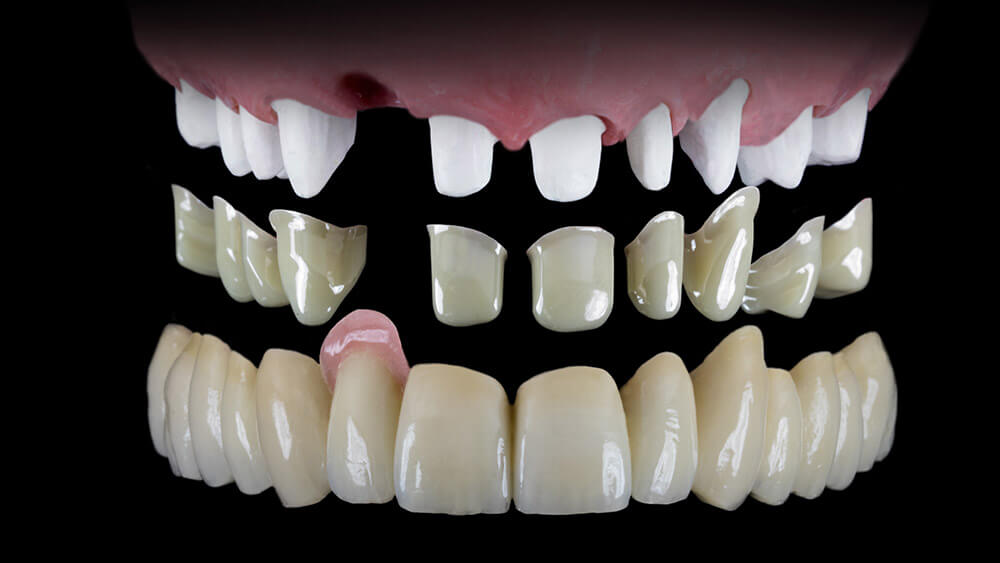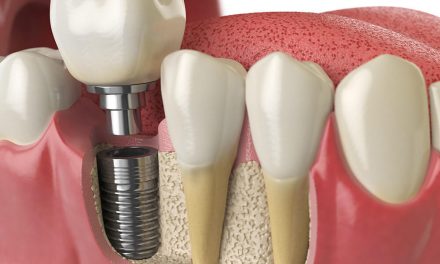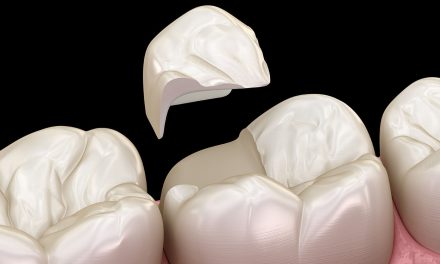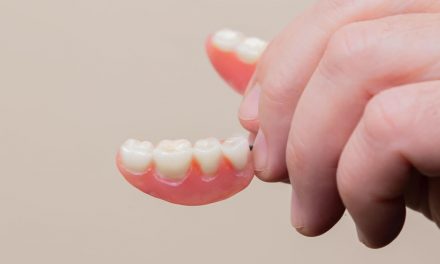Double crowns, also known as German crowns, or telescopic prostheses
Every denture is individual, and there are many different ways to replace a client’s missing teeth. An important question is always how the new dentures can be attached to the existing teeth. Double crowns and telescopic prostheses are an interesting option. German crowns is the ‘nickname’ of this comfortable, high-quality dental solution. At NextSmile we will give you all the information about this advanced type of denture.
A telescopic prosthesis is a high-quality denture for partially edentulous teeth, that is, for a jaw in which several teeth are missing. The prosthesis is fixed in the mouth with double crowns and can easily be removed by the patient if necessary, for example to be cleaned. Patients really appreciate the good, firm hold of the telescopic prosthesis in the mouth and the natural-looking and attractive design.
Double crowns, aka German crowns
Double crowns are often referred to as German crowns because they are often used in Germany. Germany is generally considered leaders in the field of dental technology. The manufacture of double crowns and telescopic prostheses are complex, but definitely worth it the added effort. Many patients particularly appreciate the outstanding comfort of these dentures that not only ensure permanent functionality and also a high level of aesthetics.
Double crowns are high-quality dentures that are precision-engineered. Making them requires a high level of technical and dental skills, materials of the highest quality and modern manufacturing techniques. The double crowns look like natural teeth in the mouth, but are actually anchors that serve as holding and supporting elements. Visible and annoying brackets are a thing of the past with these state-of-the-art dentures.
The telescopic prosthesis or the double crown is made
The double crown is made up of two matching parts – a primary crown and a secondary crown, that are telescoped into each other. The primary crown is permanently fixed onto a natural tooth, with the secondary crown then being connected to the primary crown. The parallel design of the walls of the two crowns results in static friction that counteracts the pull-off forces on the prosthesis when speaking and chewing, with the result that a very firm hold is ensured.
The advantages of the telescopic prosthesis
The patient gets a denture that is firmly fixed in the mouth. Thanks to the snug fit and adhesion of the two crowns, a firm hold in the mouth is guaranteed. However, the telescopic prosthesis can easily be taken out of the mouth for cleaning at home, so excellent oral hygiene is ensured. A telescopic prosthesis also protects your own teeth from non-physiological stress in the same way as a splint. A further advantage lies in the fact that a telescopic prosthesis can be extended if necessary. If the client loses more teeth, the prosthesis can be reworked and adapted to the new situation.
German crowns can ensure:
- A secure fit and high level of comfort
- Very good oral hygiene
- If necessary, the prosthesis can be modified and adapted
- The client experiences a natural chewing and taste sensation
Materials used for telescopic prostheses
There are different materials that can be used for telescopic prostheses. Conventionally alloys, containing or free of precious metals, are used. With the utilisation of CAD/CAM technology in dentistry, primary crowns are now often made from the modern material, zirconium oxide. Electroplated gold is often the material of choice for the secondary crown.
However, completely metal-free telescopic prostheses are also an option. Metal-free double crowns can be manufactured with the innovative high-performance dental composites PAEK (polyaryletherketone) or PEEK (polyether ether ketone).
The actual teeth of a telescopic prosthesis are made of a natural-looking and stain-resistant plastic composite. As this high-quality material is abrasion-resistant and does not discolour, the longevity of the dentures is ensured.
When is the use of double crowns indicated?
Telescopic prostheses can serve as dentures in both upper and lower jaws. As a rule, several telescopes are needed to attach the dentures. If the client has too few of their own teeth to ensure a permanent and stable hold of the denture, dental implants can be employed to serve as abutment teeth.
With proper oral hygiene, regular dental checks and good maintenance, the telescopic prosthesis will serve a patient for a long period of time.





